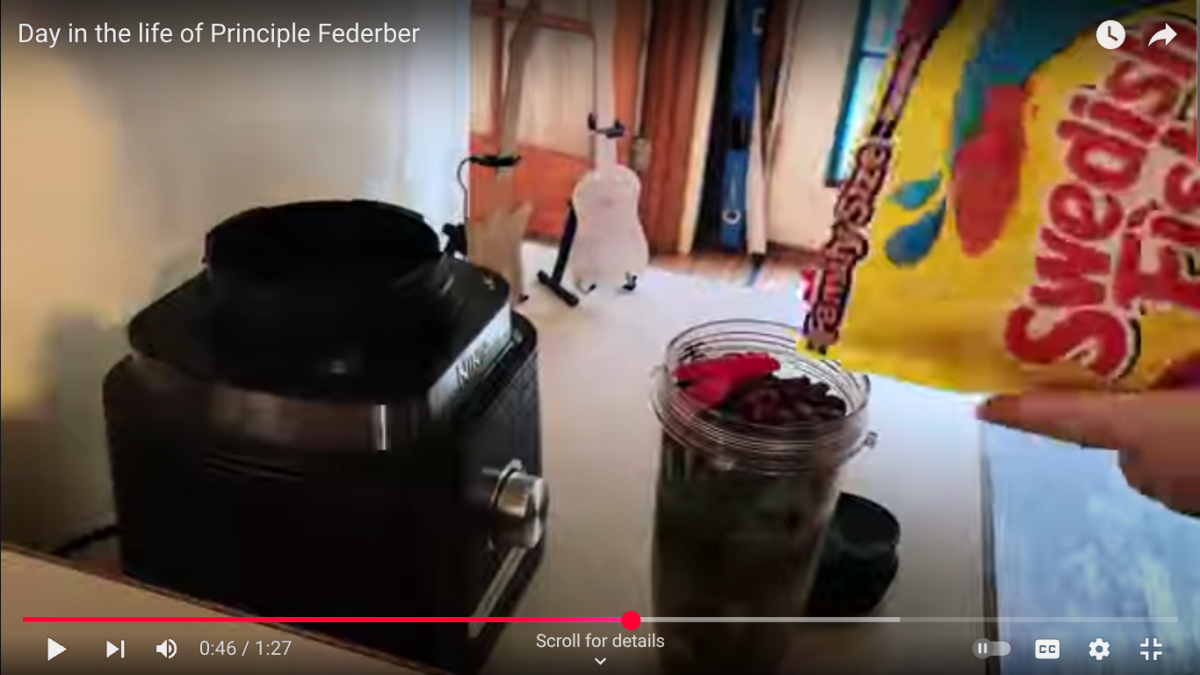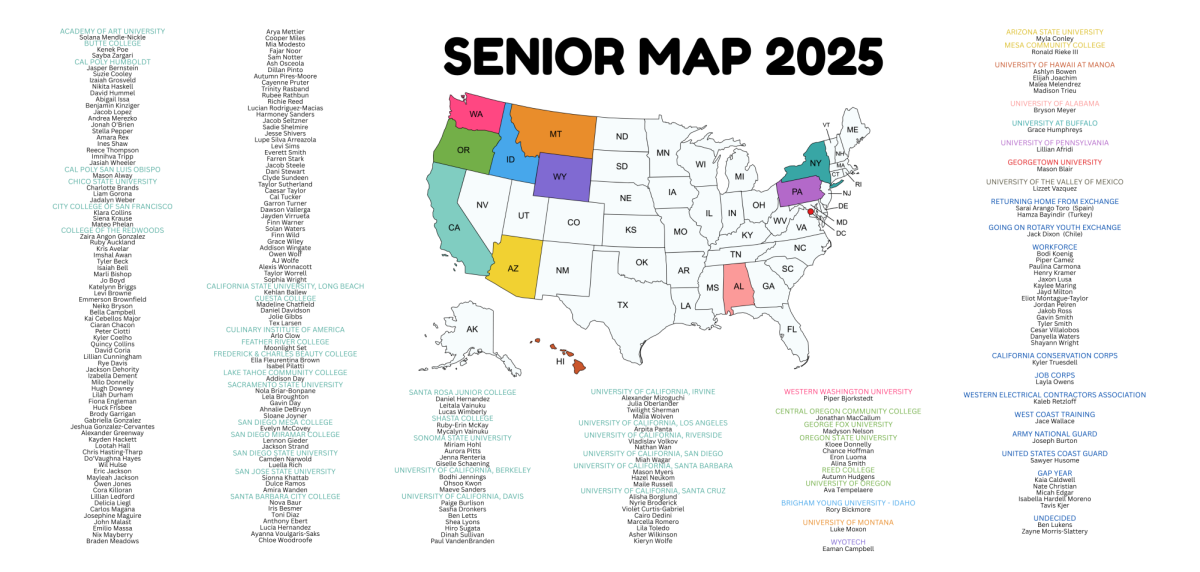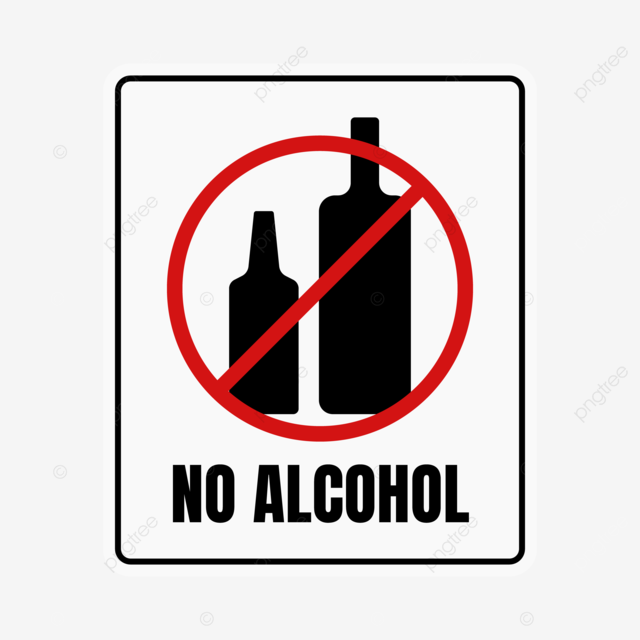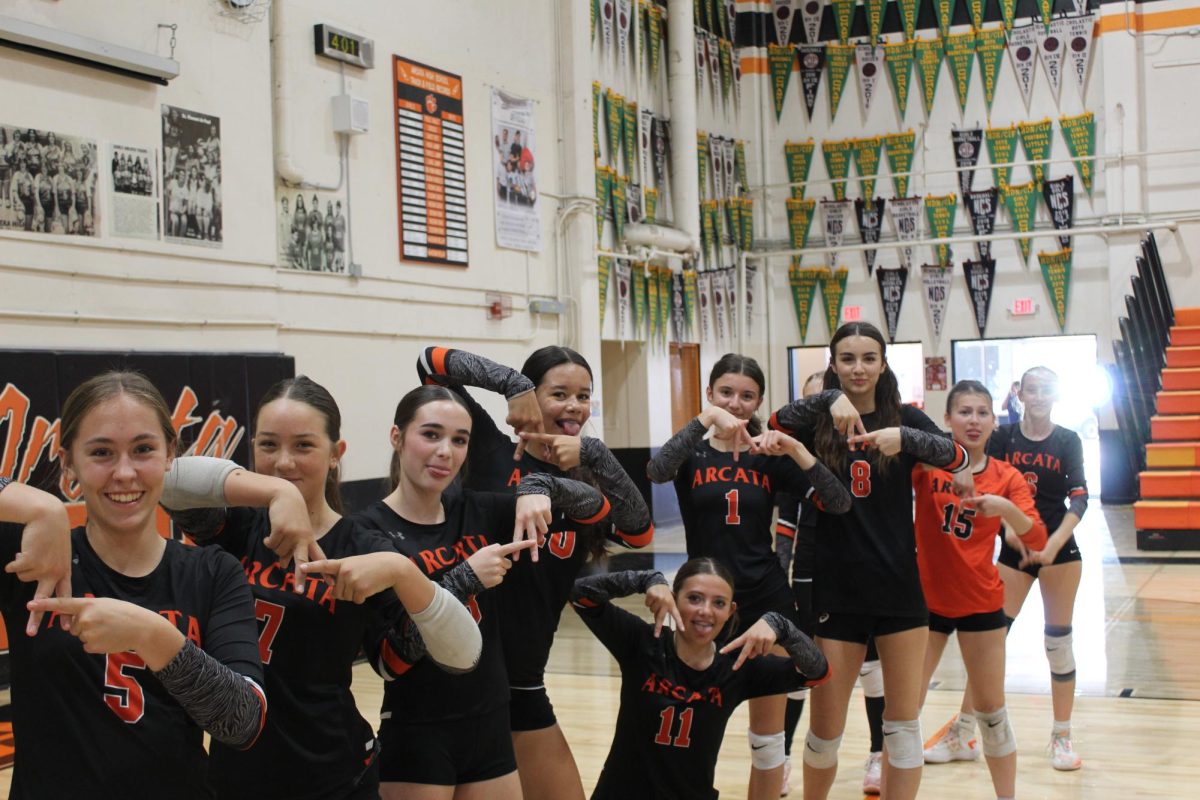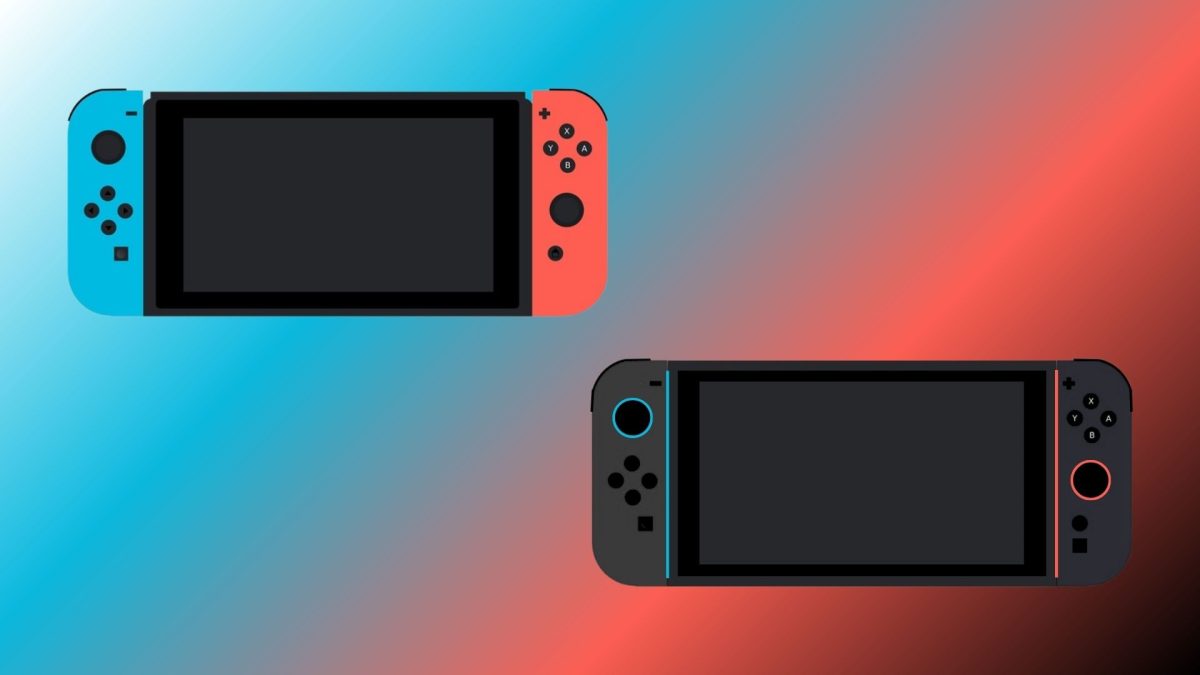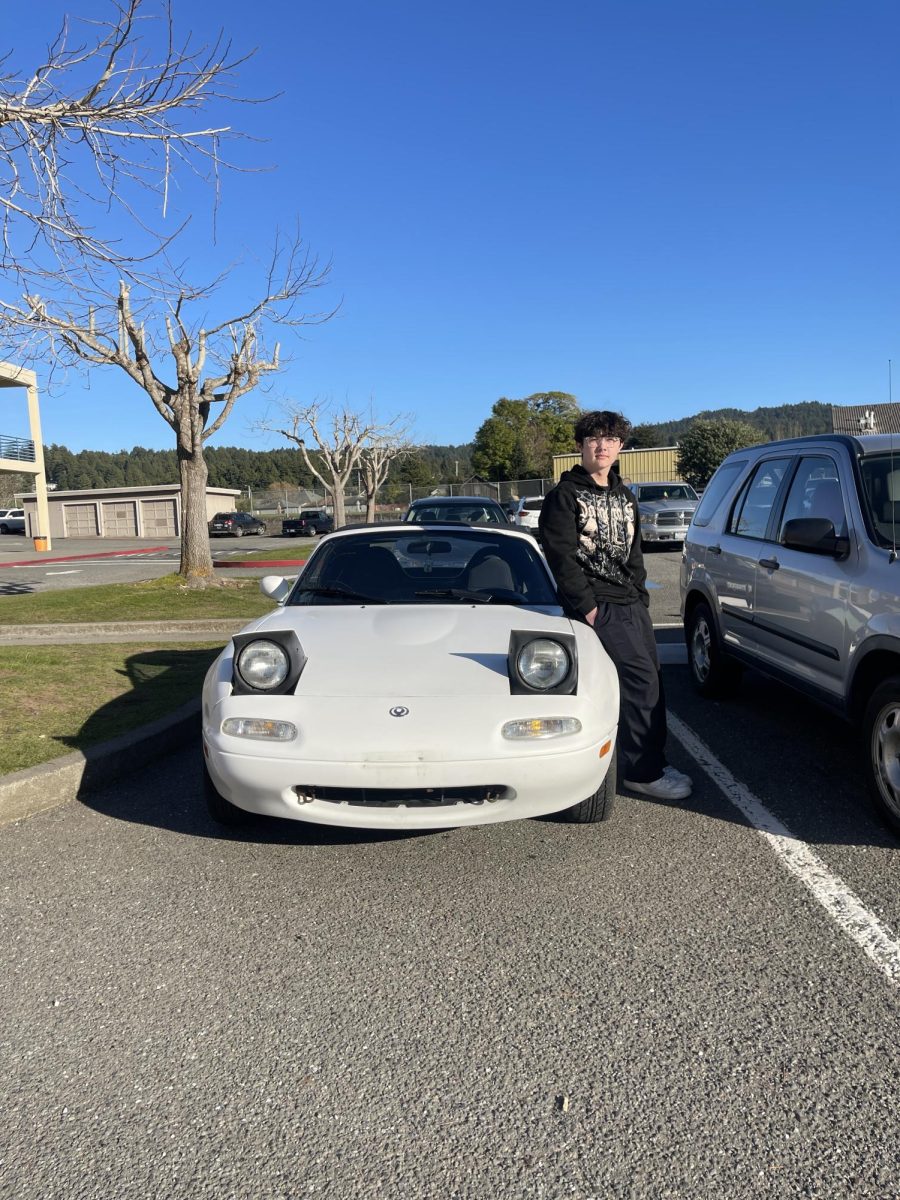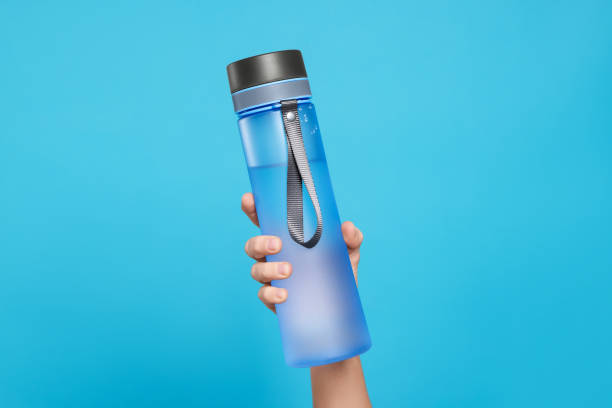If you’ve seen the wave of giant 40 oz tumbler water bottles wash over campus in the last year, you might’ve wondered what the hype is. With the rise in social media platforms like Instagram and TikTok in the last decade, microtrends have dominated algorithms. Microtrends are often fleeting trends that influence consumers to buy things they don’t necessarily need, oftentimes just because other people have them too.
One major string of microtrends in the last few years has been water bottles. Hydroflasks were popular during 2019 and through the pandemic, Stanley’s swept the internet in 2023, and most recently, Owalas has taken the world by storm. However, if so many consumers have found themselves buying a water bottle every time a new one is in style, how sustainable are they if they’re being replaced every time there’s a more trendy one?
Some would also argue, however, that the surge of “trendy” water bottles means less overconsumption overall if it means that more people are using reusable water bottles instead of plastic ones. Senior Arpita Panta uses an Owala water bottle and feels like she’s used it for a good amount of time.
“Honestly, like a few years… I wouldn’t say I really replace it,” Panta said, on how long she used a water bottle.
Some people also simply don’t understand the hype around certain water bottles. When asked if she understands the water bottle hype, junior Tatum Dick said, “No, not at all.” Dick also mentioned, “It’s literally the same exact thing that’s been happening for years. Like, it’s just like the same water bottle. Water bottles are a weird thing to be trendy, I feel like.”
While it can feel difficult to not succumb to microtrends circulating the internet, it is important to remember to buy things that you would buy whether they are popular or not. When asked about how long water bottles stay “trendy,” environmental science teacher Shannon Kresge was unsure but had something to say about plastic consumption in general.
“Obviously it’s important to hydrate. Right? That’s not a thing that we need to talk about or argue about, right? But it’s really important to think about plastic consumption in this world overall, okay?” Kresge said. “Most environmental scientists are saying by 2050 there will be more plastic in the ocean than fish and that is one of our number one problems.”






